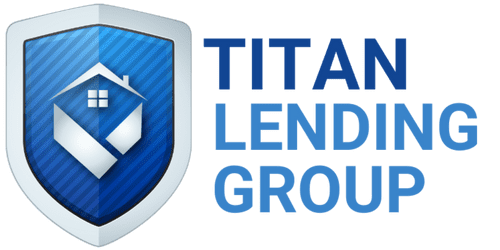A conventional loan is a type of mortgage loan that is not insured by the government. This sets it apart from other types of loan programs, such as Federal Housing Administration (FHA) loans and Veterans Affairs (VA) loans, which are backed by the government.
One of the main differences between conventional loans and government-backed loan programs is the credit score requirements. In general, conventional loans have stricter credit score requirements than government-backed loan programs. For example, a conventional loan may require a minimum credit score of 620, while an FHA loan may only require a minimum credit score of 500.
Another key difference between conventional loans and government-backed loan programs is the down payment requirement. Conventional loans typically require a higher down payment than government-backed loan programs. For example, a conventional loan may require a down payment of at least 20 percent of the purchase price of the home, while an FHA loan only requires a down payment of 3.5 percent.
In addition to credit score and down payment requirements, there are other factors that can impact your ability to qualify for a conventional loan. These factors include your income, employment history, and debt-to-income ratio.
Overall, a conventional loan is a popular option for people who have good credit and can afford a higher down payment. These loans offer more flexibility than government-backed loan programs, but they also have stricter eligibility requirements. If you’re thinking about buying a home, it’s a good idea to talk to a lender to find out if you qualify for a conventional loan and to learn more about the loan process.




